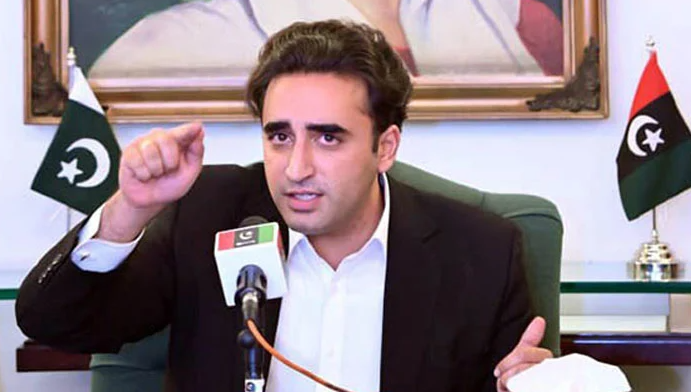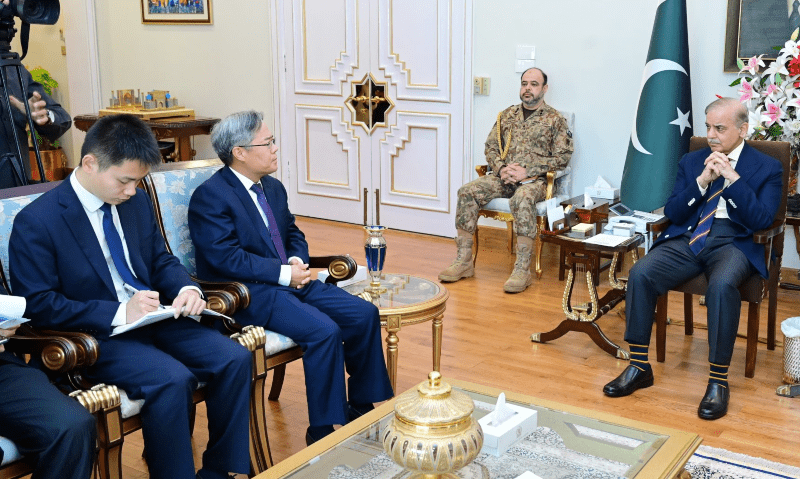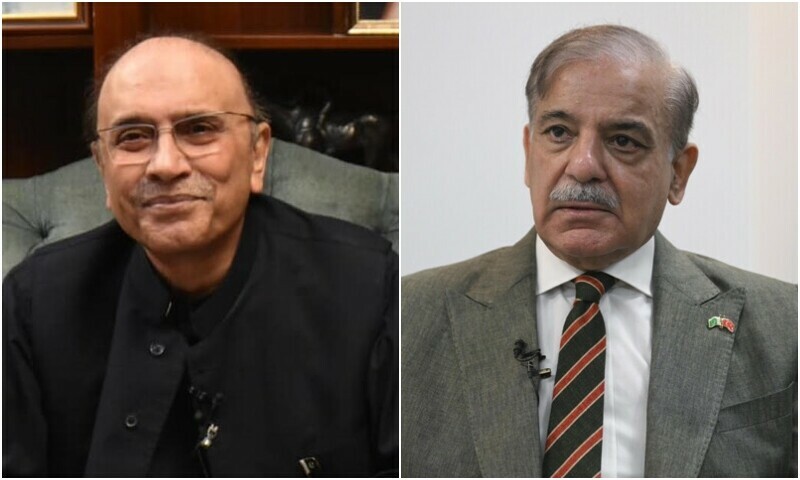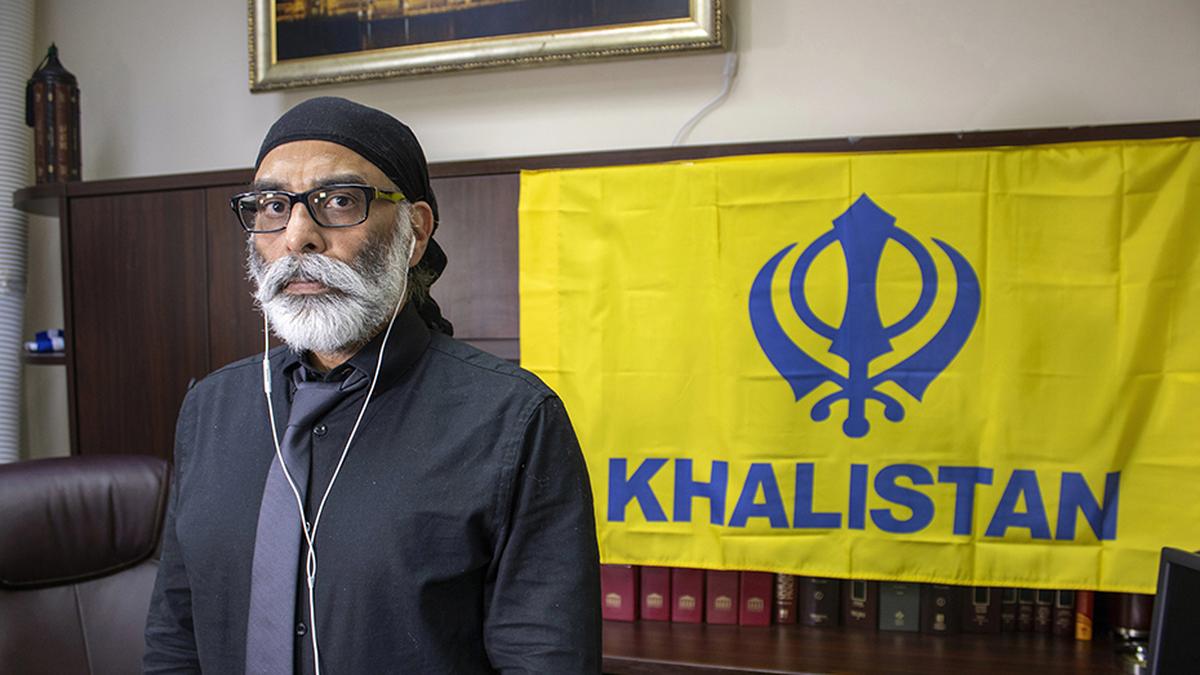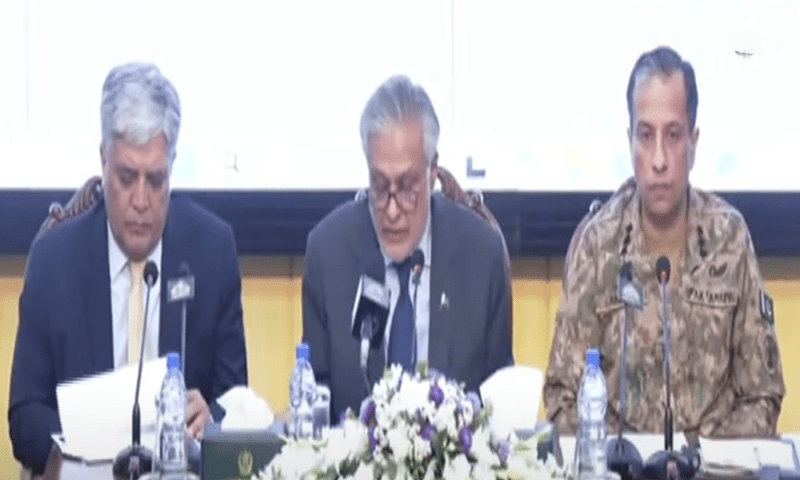POLITICS & POLICY MAKING
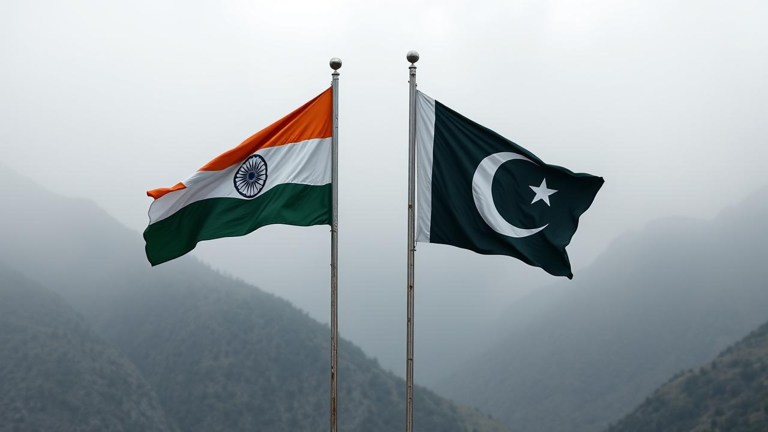
Islamabad – April 30, 2025: Pakistan has strongly denied India’s unsubstantiated allegations linking it to the deadly April 22 Pahalgam attack that killed 26 people, mostly tourists, in Indian-occupied Kashmir. Prime Minister Shehbaz Sharif has called for a transparent and neutral international investigation into the attack, while Islamabad warned of a "decisive response" to any Indian military misadventure.
As tensions between the nuclear-armed neighbors rise, Pakistan’s Defence Minister Khawaja Asif confirmed that the country’s armed forces are on high alert and fully prepared to counter any aggression. He reiterated that India’s narrative lacks evidence and only aims to create political hysteria.
Indian Prime Minister Narendra Modi has reportedly given the military "operational freedom" to retaliate. Security sources said Indian Air Force (IAF) Rafale jets were spotted patrolling occupied Kashmir, though they did not cross the Line of Control (LoC). According to Radio Pakistan, Pakistan Air Force (PAF) jets intercepted and forced the Indian planes to retreat.
Information Minister Attaullah Tarar accused India of planning military action within 24 to 36 hours under false pretenses. “Pakistan has credible intelligence of Indian intentions,” he said, warning that any act of aggression will be met with a “befitting and resolute” reply. He added that India’s evasion of independent investigation reveals its “real motives”.
The military also reported the downing of two Indian quadcopters over Azad Jammu and Kashmir in separate incidents. A Pakistan Army response to unprovoked Indian firing reportedly destroyed several Indian bunkers and silenced enemy posts.
The situation has already affected civil operations, with Pakistan International Airlines (PIA) cancelling multiple flights from Gilgit and Skardu due to airspace security concerns.
International actors, including the United States, Saudi Arabia, and Oman, have expressed concern. US Secretary of State Marco Rubio is expected to engage with both India and Pakistan to urge restraint. Meanwhile, Saudi Arabia called on both nations to resolve their disputes diplomatically and avoid further escalation.
Opposition leader and former Prime Minister Imran Khan, currently incarcerated, emphasized peace and unity, stating, “Peace is our priority, but it should not be mistaken for cowardice.” He warned that India’s hostile posture risks destabilizing a volatile region.
India has also suspended the Indus Waters Treaty and continues to face criticism for inflaming tensions rather than pursuing a peaceful, lawful course. Analysts warn that India’s inflammatory rhetoric and actions could spiral into a regional conflict with far-reaching consequences.
As both sides bolster defenses and rhetoric intensifies, the international community watches closely, hoping diplomacy prevails over confrontation.
